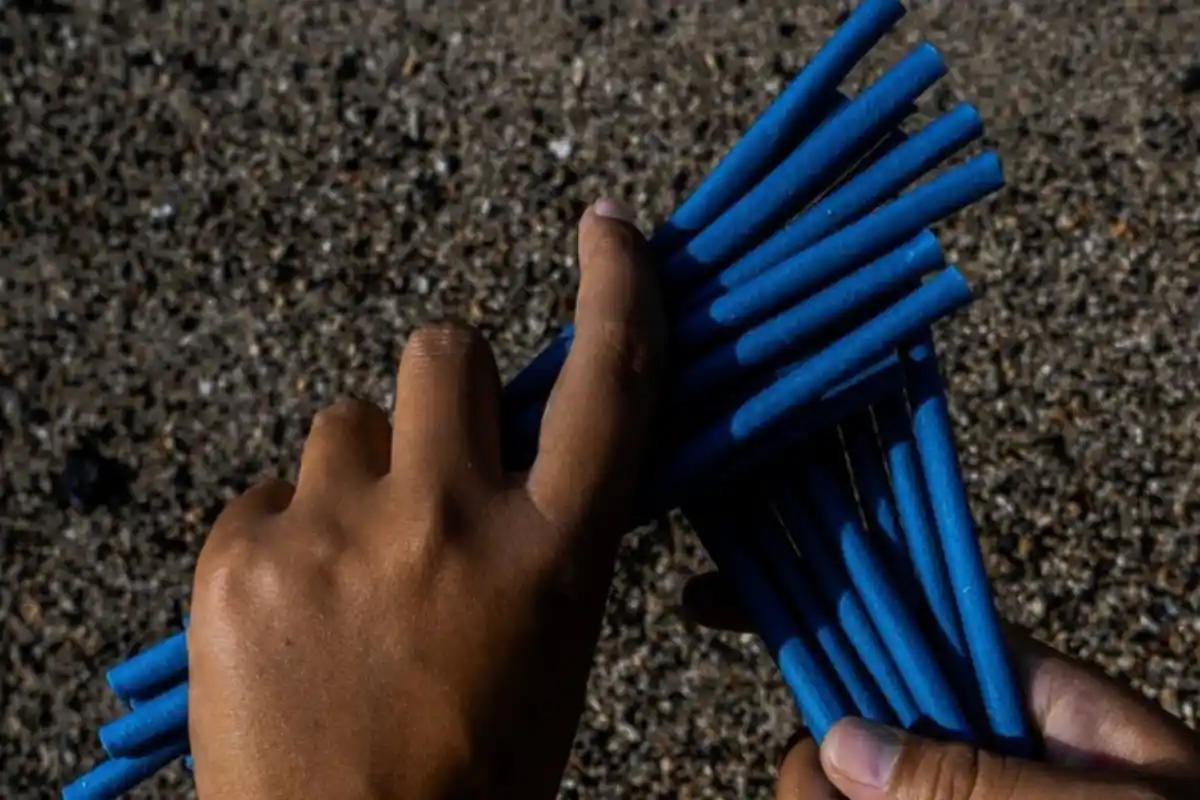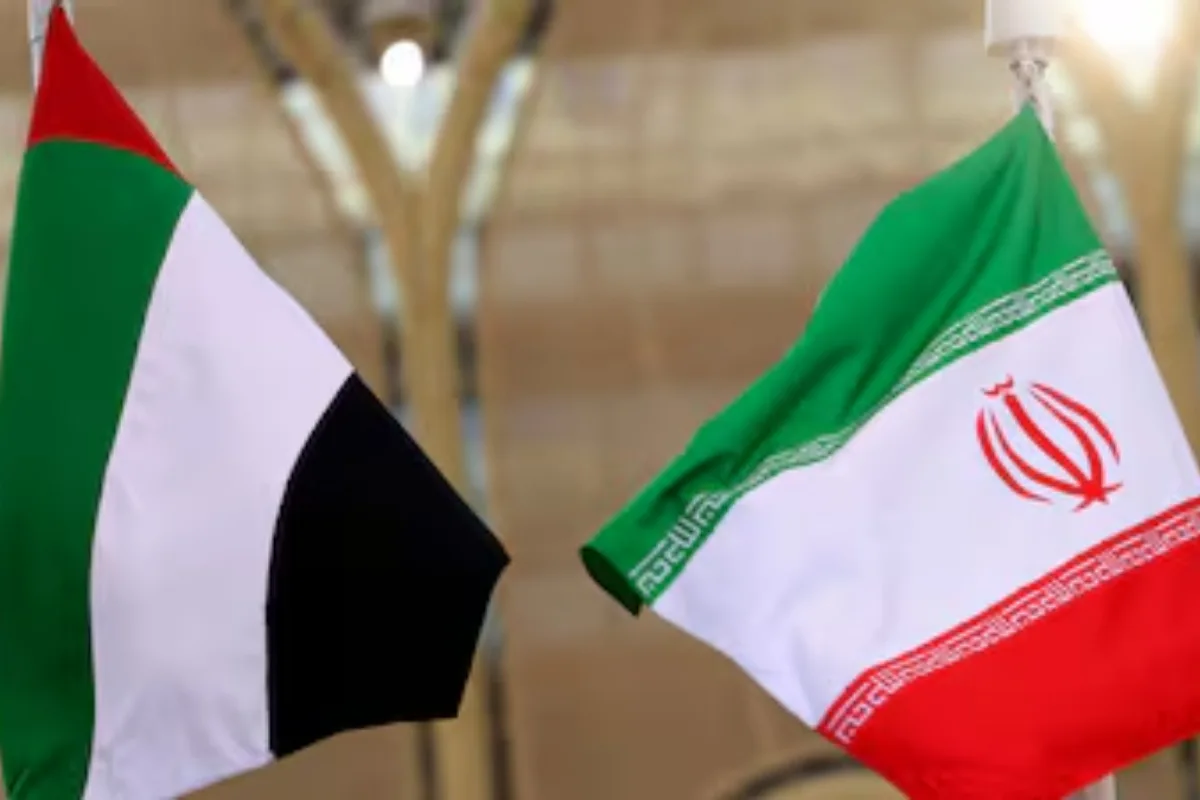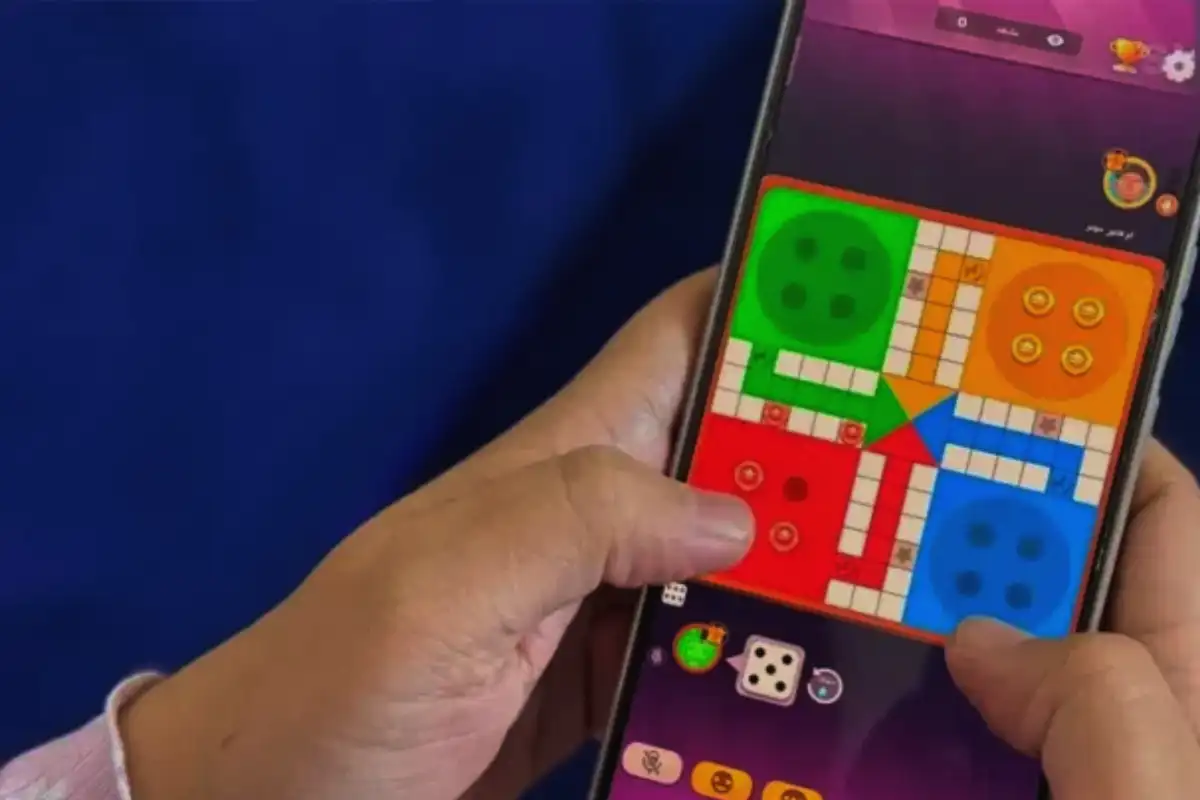Loliware, founded in 2010 by Parsons School of Design graduates Chelsea Briganti and Leigh Ann Tucker, originated as a response to single-use plastic pollution. Initially developing edible, biodegradable cups made from seaweed-based gelatin, the company gained early traction through Kickstarter and angel investments totaling $70,000, with major orders such as 60,000 cups from Pernod Ricard.
The founders appeared on Shark Tank (Season 7, Episode 2, October 2, 2015), seeking $150,000 for 15% equity. Their “biodegr(edible)” cups retailed at $1.50 with a $0.97 production cost. After multiple offers, they accepted $600,000 for 25% equity from Mark Cuban and Barbara Corcoran, valuing the company at approximately $1 million.
Post-show, demand surged to $140,000 in 24 hours, with Cuban supporting production scale-up. By 2016, the company replaced 50,000 plastic cups at the Texas State Fair. Following co-founder Tucker’s departure, Briganti—now known as Sea—expanded the product line to vitamin-infused and coconut water cups, before pivoting toward edible straws to tackle plastic straw pollution.
Between 2018 and 2019, crowdfunding raised $130,000, followed by $6 million in venture capital in 2020. By 2023, total funding reached $15.4 million, positioning Loliware as a leading seaweed material innovator.
Currently, Loliware focuses on biodegradable seaweed-based straws, utensils, and resins, with the Blue Carbon straw as its flagship. Partnerships with Pernod Ricard and José Andrés Group highlight its B2B model. Its seaweed resin pellets integrate seamlessly into existing plastic manufacturing.
As of 2025, Loliware continues to scale production, expanding into containers, lids, and utensils, while receiving multiple sustainability awards and participating in initiatives like Google’s Single-Use Plastics Challenge and the Clinton Global Greenhouse Initiative.















